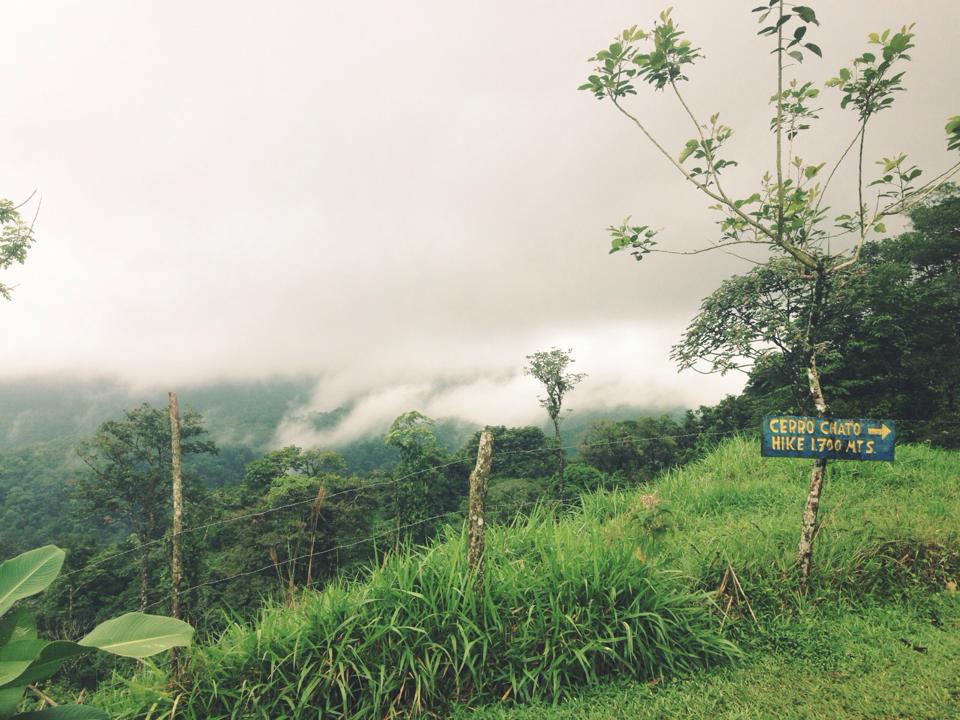If you're reading this, you've probably done some research on travel insurance. It's usually the last thing to purchase before you finalize your trip. Now comes the hardest part: choosing which company and plan to buy.
Choosing travel insurance can be a bit of a headache. But don't worry, we've got your back. Hopefully reading this can help you navigate through some of that stress.
So let's get started!
Do I really need travel insurance?
The answer is yes. It's always yes.
Why?
Maybe you're one of the lucky ones that has never had to file a claim. But, if you're like me, then having travel insurance is a great money saver and can give you that peace of mind while you're on the road.
When you travel, you can't really plan for what happens during your trip. Your flight might get delayed for a day, one of your bags might get stolen or you might end up in the hospital with a broken ankle. Anything can go wrong in a trip and it's nice to know you can rely on your travel insurance to cover your costs.
What are the different types of coverage?
- Trip Cancellation: Covers your costs if you need to cancel your trip before you leave.
- Trip Interruption: Covers you for any losses for trips that are interrupted/delayed after you leave.
- Emergency Medical: Covers any medical expenses during your trip.
- Baggage and Personal Effects: Covers any loss of baggage or personal items.
- Flight and Accident Coverage: Covers you if you umm, die while travelling.
Which type should I get?
In the end, it's completely up to you which type of coverage you want. I prefer to get insurance that covers everything because you never know what will happen. A good rule of thumb is to always get emergency medical insurance. Nothing is worth more than your health.
If you're risky and want to save a few bucks, you can choose the basic plan that only includes emergency medical insurance.
How do I choose an organization?
Choosing a reputable organization to go with is the tricky part. When you look into different travel insurance organizations, you'll notice that there's a maximum amount that you can claim back. Research a few organizations to compare quotes. You'll want to go with a company that offers a really high emergency medical insurance claim that should also include emergency transportation home.
Personally, I also like to go with a company that offers a high baggage claim because I have a habit of getting things stolen from me.
Remember to read the fine print. Insurance companies are trying to make money, so know what they're willing to cover you for before you leave. It'll help you prepare for your trip. For example, there are some companies who won't file your baggage loss claim if your bag gets stolen off a bus since it was your fault you didn't keep a better eye on it.
WHICH ONE DID WE CHOOSE?
It depends on how long the trip is and what was on the agenda. For some trips, we've gone with our banks or the airline we booked our flight ticket with.
For our three-month SE Asia trip, I went with World Nomads. It's a reputable company with mostly good reviews. Just remember to read the fine print to know what they offer. You won't be able to claim any money back if you fail to provide any hard evidence. For example, this could be documents from the hospital if you get injured or a police report if you had something stolen. Also, some organizations won't cover an injury if you were doing a risky activity like mountain climbing. In that case, you would need to purchase a different travel insurance that covers those adventurous activities.
What I liked about World Nomads, and why I chose it over my bank's insurance is because it has a high medical insurance amount. Plus, it covered the countries we were going to visit and the activities we wanted to do.
Good luck choosing! And if you happen to stumble across a company that offers a really good quote for Canadians, let us know!




